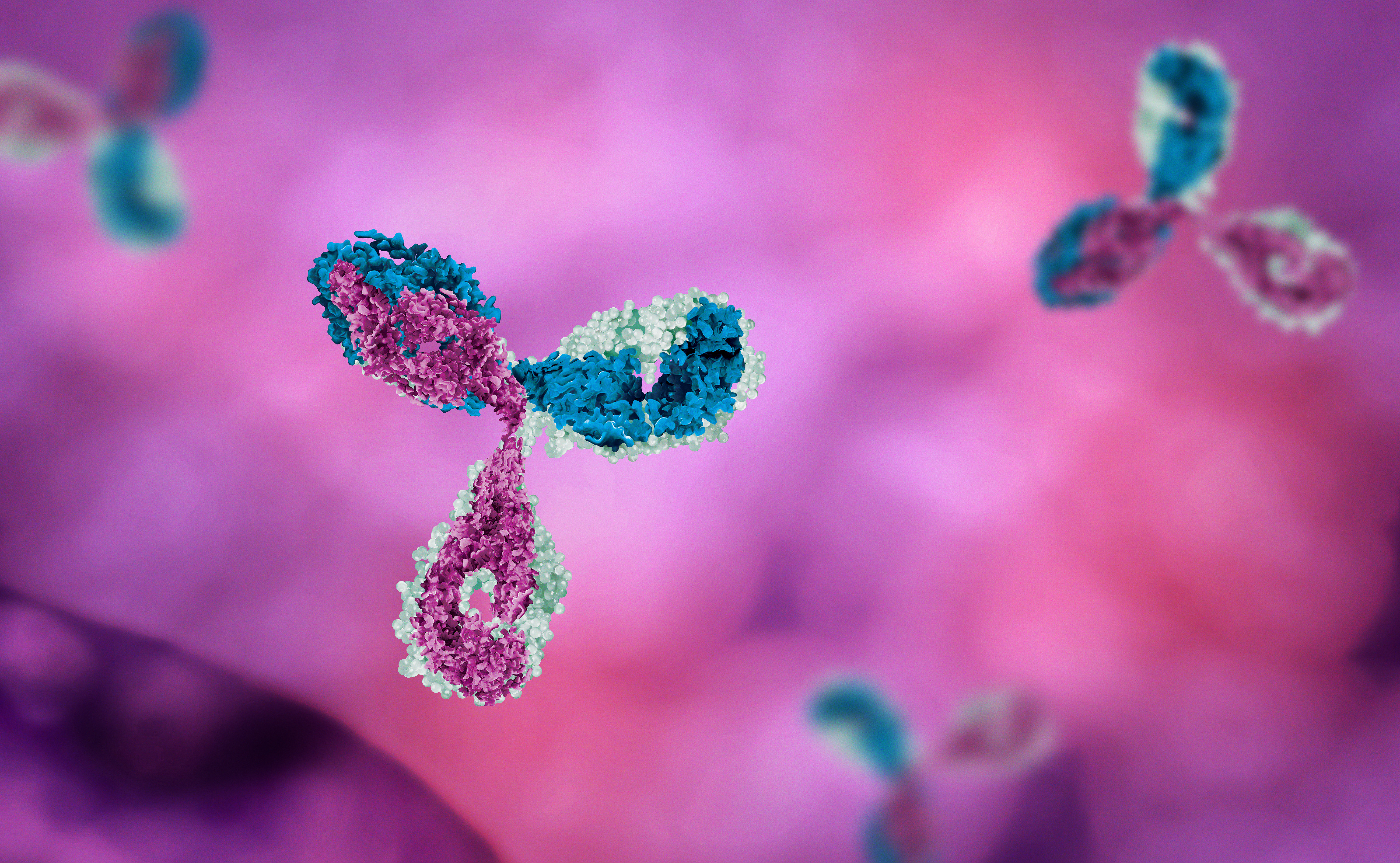
Over the past few decades, awareness of the impact that humans are having on the planet has grown across the world. In the UK in 2021, 75% of adults reported feeling worried about climate change, and the recent COP27 climate conference has once again put the spotlight on the actions and promises of world leaders.
Despite growing public awareness and pressure, meaningful change in our collective behaviour is slow. A recent report from the United Nations Environment Programme found that the combined pledges of all the countries in the Paris Agreement are insufficient to prevent the planet from warming by over 1.5 °C by the end of the century – a figure thought to be the threshold for environmental catastrophe.
Alongside global warming, human activities are responsible for pushing the planet to breaking point in numerous other ways. From pollution to deforestation, melting ice caps to food shortages; it is becoming increasingly clear that we need significant, global change to ensure the future of a hospitable planet. At the same time, our population is growing and evidence has shown our reluctance to curtail progress – no matter the cost. This leaves many people hoping that scientific and technological advances will hold the answer.
Fortunately, times of crises often spark innovation. The explosion of ‘green’ technologies over the past few decades have provided innovative solutions to familiar problems, and the continual utilisation of novel research may broaden our arsenal in the fight against climate change.
One area showing exciting developments in recent years is that of Synthetic Biology, or ‘SynBio’.
SynBio is best defined as the design or construction of new biological entities, or the redesign of existing biological systems. While SynBio may seem a futuristic concept, humans have been ‘optimising nature’ for centuries; a familiar example being the use of selective breeding to pass on desirable traits to offspring. SynBio has evolved over the years, particularly with the advent of CRISPR technology that has enabled rapid, cost-effective genetic engineering. Many scientists are now utilising SynBio technology to help tackle climate change and protect our environment, with exciting developments in several key areas.
Carbon Emissions
Much of the focus of climate conferences is on cutting down our reliance on fossil fuels and limiting our carbon emissions. However, it looks increasingly likely that many countries will not reach ‘net zero’ in time to prevent global warming above 1.5 °C. With this in mind, scientists are turning to carbon capture technologies to reduce the carbon in our atmosphere.
Arguably the most powerful carbon capture technology has existed for millions of years; trees naturally harvest carbon from the atmosphere and convert it into energy during photosynthesis. The enzyme responsible for the critical carbon-capture step is called RuBisCO, which converts oxidised carbon from CO2 into organic carbon for use within cells. Despite its central role in photosynthesis, RuBisCO is notoriously inefficient, being both slow and unspecific. Scientists have long recognised this and sought to optimise RuBisCO’s performance. Recently, a team from the Max Planck Institute for Terrestrial Microbiology used synthetic biology to piece together RuBisCO’s evolution. This investigation led to the discovery that the addition of a small accessory subunit to RuBisCO may be the key to improving its function. The possibility of engineering improved RuBisCO may revolutionise our ability to use plants as tools for carbon capture.
Another route for managing our carbon output is to find uses for waste emissions. Newlight Technologies, a spin-out from Princeton University and Northwestern University, have used SynBio to develop a process that uses waste methane alongside oceanic microbes to produce ‘Aircarbon’ – a biopolymer that can replace plastic while reducing atmospheric greenhouse gases. LanzaTech, based in Chicago, have also developed a method for recycling waste carbon, using a process called ‘gas fermentation’ to convert industrial waste into sustainable chemicals. LanzaTech used SynBio to reengineer metabolic processes in bacteria, enabling the manufacture of industrially useful products from waste carbon emissions.
Pollution
The start of the industrial revolution also marked the start of prevalent environmental pollution, with the most significant contributing material being plastic.
The invention of Bakelite in 1907 sparked an explosion of affordable products. This inexpensive, durable, easy to manufacture material was hailed as a miracle product. Unfortunately, the durability that makes plastic desirable, also makes it difficult to dispose of. As plastics slowly degrade, this creates microplastics – microscopic particles that end up in the ocean, air and even deep in arctic ice. Managing our plastic waste has become a critical environmental issue, and SynBio has again provided innovative solutions.
Allonia, a waste management company backed by SynBio giant Ginkgo Bioworks, is developing biological processes to eliminate pollutants in wastewater and soil. By engineering microbes, Allonia aim to generate biologically-powered recycling processes for waste products, including plastics such as nylon and polyurethane. Further SynBio research from the University of Toulouse has led to the engineering of a highly efficient PET (polyethylene terephthalate) hydrolase enzyme, which may allow for effective recycling of ubiquitous PET plastic and pave the way for a circular PET economy.
Another group of ‘wonder’ chemicals developed in the 20th century were PFAS (perfluoroalkyl and polyfluoroalkyl substances). Used in non-stick coating and fire-fighting foam, PFAS were hailed as revolutionary due to their water-resistant properties. However, in the early 2000s, the non-degradable nature of PFAS was shown to result in bioaccumulation, leading to toxicity in humans and animals. Nicknamed ‘Forever Chemicals’ due to their extremely long half-life, PFAS do not break down naturally. SynBio companies such as Allonia and Puraffinity (previously CustoMem) are developing novel approaches to detecting, removing and recycling PFAS from contaminated water, based around engineering proteins that precisely bind to PFAS molecules.
Innovative SynBio removal solutions have also been found for other pollutants. For example, Colorifix aims to replace toxic chemicals used in dyeing fabrics with all natural products by engineering microbes to reproduce colours found in nature; and a research group led by Nina Pollak in Australia are working on engineering ‘synthetic jellyfish’ to help clean up oil spills.
Agriculture/food
The human population, which reached 8 billion in November 2022, is predicted to peak at 10.4 billion by the end of the century. This population growth is expected to exacerbate the impact of climate change, including the loss of arable land. Over the next few decades, food production must become more efficient to feed our growing population on a smaller footprint.
Livestock farming takes up almost 80% of agricultural land but produces less than 20% of the world’s calories, while also contributing to approximately one third of man-made methane emissions. In a sustainable future, many believe our meat consumption habits must change, and SynBio-based approaches may make the switch to a plant-based diet more palatable.
Impossible Foods has created a realistic mimic of a beef patty, nicknamed ‘the burger that bleeds’, by engineering a strain of yeast to produce soy leghemoglobin, a protein that improves meaty flavours. The Impossible Burger requires 96% less land, and 89% fewer greenhouse gases than a regular beef patty, demonstrating how synthetic biology can optimise our food production processes. In a similar vein, Perfect Day Foods have engineered microbes to include key DNA sequences for proteins from cow’s milk, allowing the production of animal-free dairy products.
As well as meat and dairy replacements, synthetic biology can provide other environmentally-friendly upgrades to traditional agriculture. A major area for improvement is in the use of fertilisers. Synthetic nitrogen fertilisers account for 2.1% of global greenhouse gas emissions, as well as causing damage to water ways due to runoff. SynBio companies such as Pivot Bio and Joyn Bio (part of Ginkgo Bioworks) are looking to address this problem. Some plants, like soybeans and other similar legumes, naturally fix nitrogen from the air. Cereal plants, like wheat, cannot do this, and so rely on synthetic nitrogen fertiliser. By engineering nitrogen-fixing microbes into crop seeds both Joyn Bio and Pivot Bio hope to replace traditional nitrogen fertilisers, with Pivot Bio having launched their first product in mid-2022.
These are just a handful of examples that showcase what SynBio can do, and how it can be utilised to protect our environment. With many of these inventions being in the realm of science fiction just a few decades ago, only time will tell where the limits of this technology will be. Whatever the case, it seems undeniable that in the forthcoming climate revolution, SynBio technology will be at the centre.
Amelia is a trainee patent attorney in our life sciences team. Amelia has an undergraduate BSc degree in Biochemistry from Cardiff University with an Industrial placement at GlaxoSmithKline and a PhD Cancer Sciences from University of Manchester.
Email: amelia.jones@mewburn.com
Sign up to our newsletter: Forward - news, insights and features
Our people
Our IP specialists work at all stage of the IP life cycle and provide strategic advice about patent, trade mark and registered designs, as well as any IP-related disputes and legal and commercial requirements.
Our peopleContact Us
We have an easily-accessible office in central London, as well as a number of regional offices throughout the UK and an office in Munich, Germany. We’d love to hear from you, so please get in touch.
Get in touch

